T1D Guide
T1D Strong News
Personal Stories
Resources
T1D Misdiagnosis
T1D Early Detection
Research/Clinical Trials
Children with Diabetes’ Jeff Hitchcock on Peer Support and T1D Screening
Peer support with any chronic condition is vital to our emotional well-being and stability, especially with type 1 diabetes, a condition that requires 24/7 care. Jeff Hitchcock, founder and president of Children with Diabetes, knew this all too well when he created the organization.
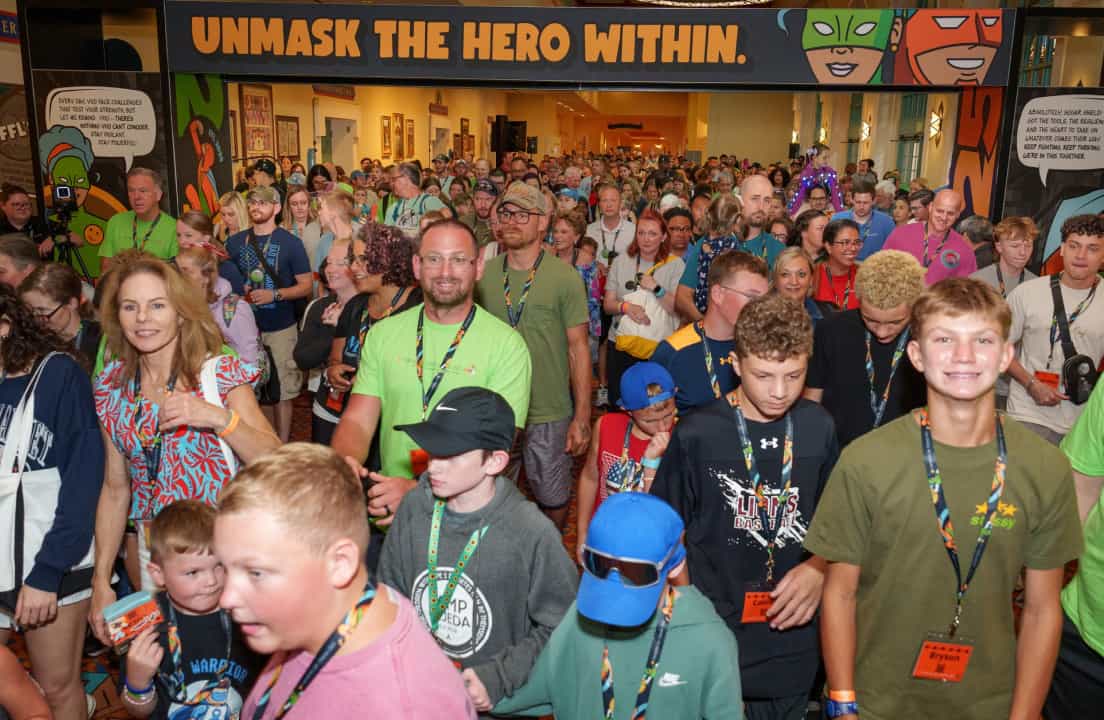
Peer Support with Diabetes
The lifestyle adjustment one experiences with T1D can be overwhelming, but knowing you’re not alone creates a circle of empathy, shared knowledge, and emotional support for the mental exhaustion and burnout many face. Most importantly, it curbs feelings of isolation, as T1D can be very isolating.
Our need to engage with others and make that human connection is not only good for the soul, but studies show it’s essential for overall psychological health. The 30-year-old Children with Diabetes (CWD) and its Friends for Life (FFL) Conference takes the practice to a new level for families and individuals with type 1 diabetes (T1D).
Hitchcock saw this critical need when his daughter Marissa was diagnosed with type 1 at 24 months. He created the nonprofit, Children with Diabetes, as a way for parents to share their T1D journey. What began as one of the first T1D online community-based groups has blossomed into a nationwide annual gathering of families and individuals with T1D.
Read on to learn the organization’s humble beginnings and remarkable growth.
Father to Founder: Jeff Hitchcock
Jeff Hitchcock, creator of CWD and proud recipient of the T1D Exchange 2021 Outstanding Parent Advisor Award, also serves on the Boards of Directors for the Diabetes Patient Advocacy Coalition (DPAC). He is an honorary member of the International Society for Pediatric and Adolescent Diabetes (ISPAD).
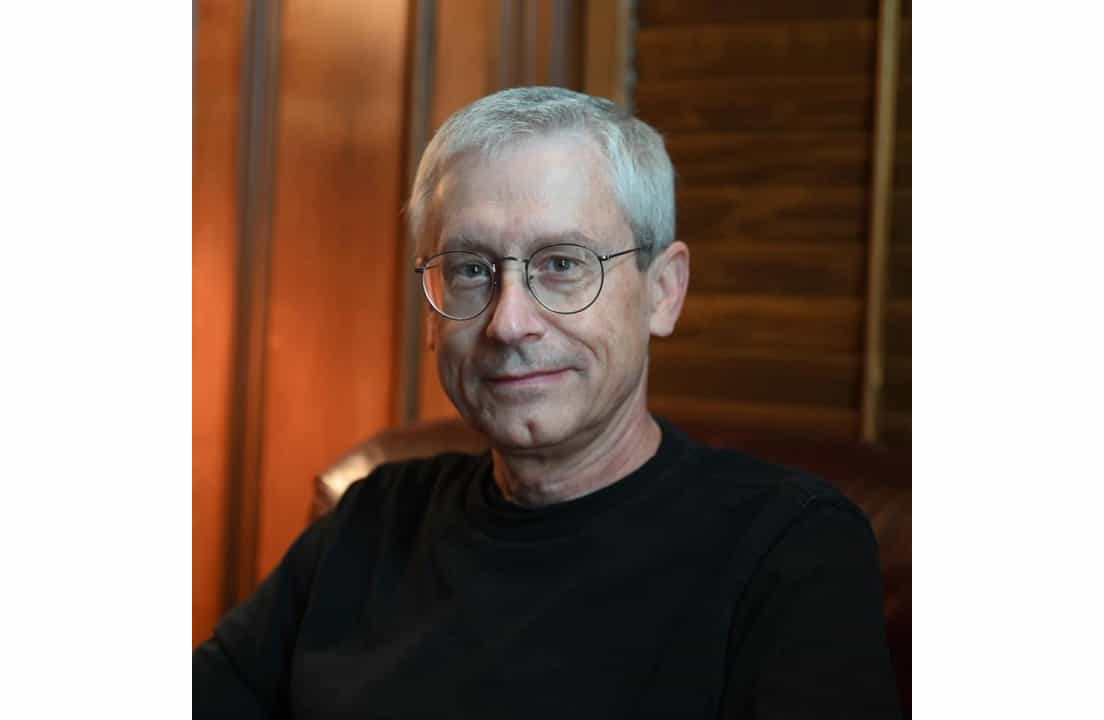
The Diagnosis that Changed Everything
Jeff and Brenda Hitchcock were working in U.S. Intelligence in Washington, D.C. It was the end of a ferociously hot summer when they noticed their 24-month-old daughter, Marissa, was begging for water. She was also soaking through her diapers and had yeast infections.
It was 1989, their pediatrician completely missed the diagnosis, but the Hitchcocks knew something was wrong. Jeff recalled an episode of the television show Mash, where a character described the classic symptoms (constant thirst, frequent urination and slow-healing wounds), all signs of diabetes.
“We took her back in; fortunately, she wasn’t in DKA (diabetic ketoacidosis),” said Hitchcock. “We fired the pediatrician and took her to the Children’s Hospital in D.C., where the pediatric endocrinologist told us, ‘Don’t worry, everything’s going to be okay.’”
Type 1 Diabetes in the 1990s
“When Marissa was diagnosed, there were two camps in the type 1 scientific diabetes community regarding complications,” he said. “One was that complications were a result of whatever was causing diabetes, and there was essentially nothing you could do about it. And the other camp, which was validated by the DCCT (Diabetes Control and Complications Trial), thought the risk was tied to elevated glucose levels over several years, and that keeping numbers as normal as possible reduces the risk of complications.”
One of the Earliest T1D Community Sites
Jeff left government service and worked in the defense industries. He was recruited to Cincinnati in 1994 and was laid off in June 1995. Through his previous job as a defense contractor, he learned the value of early message boards.
Wanting to learn more about T1D, he found a similar message board on diabetes, though it was mostly type 2 diabetes (T2D).
“People were using this tool, and I started learning from them. I saw the importance of this connectivity, the value of reaching out to others. It was a way to share Marissa’s story, find others like us and learn from them.”
On the day he was laid off, Hitchcock decided to launch a website about caring for a child with type 1 diabetes, sparking the initiative for Children With Diabetes. “It wasn’t long before Yahoo found us. We were the only T1D website, and our traffic just exploded.”
Today, CWD's presence in the T1D community is recognized internationally. The annual and regional conferences provide families a sounding board to get their feet, and children a safe place to feel included.
The apple doesn’t fall far, as Jeff’s daughter, Marissa, who is soon approaching her 36th di-anniversary, plays an active role in the organization. Marissa serves as the CWD’s clinical director, overseeing the conference’s programming and scientific and medical content on the website. She holds a Bachelor of Science in Nursing, is an RN, and is a Certified Diabetes Care and Education Specialist (CDCES). She also works part-time in the high-risk diabetes care clinic of the Cincinnati Children’s Hospital, helping kids who struggle due to circumstances beyond their control.
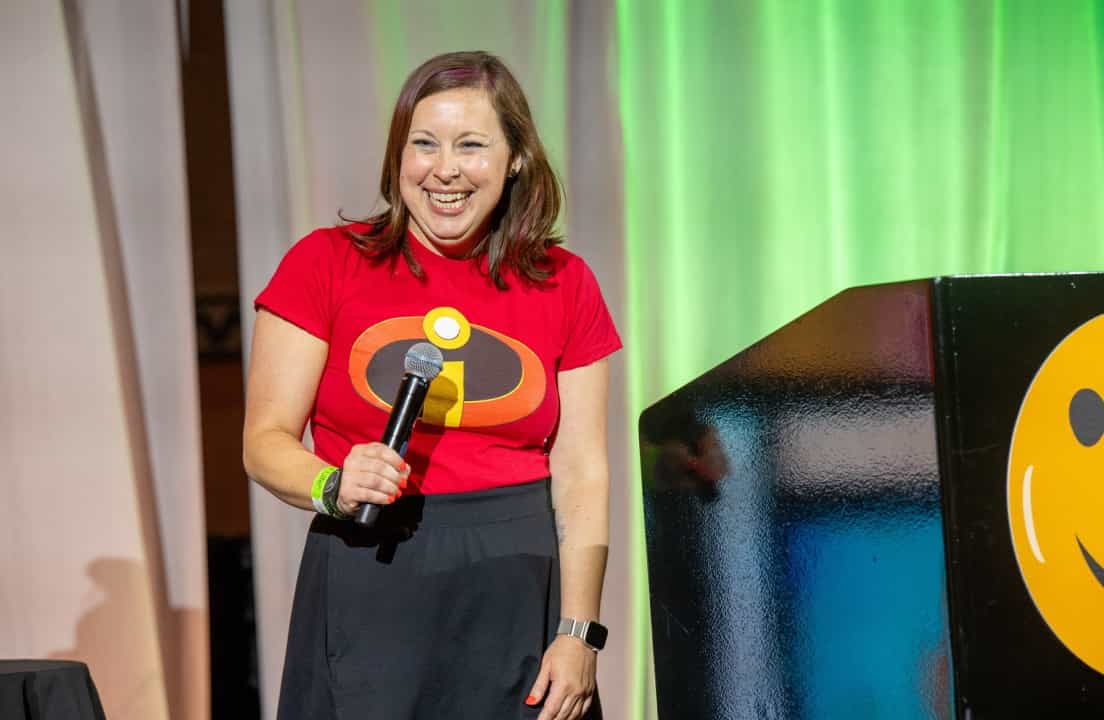
CWD Resources
The Ohio-based nonprofit, founded in 1995, has a mission to support families living with type 1 diabetes through education, community, and empowerment. “Care today, ready for a cure tomorrow.” Today, CWD serves as a global resource inspiring individuals and families living with diabetes.
CWD & Friends for Life (FFL) Resource Hub
The CWD website offers science-backed content from endocrinologists, certified diabetes educators, nutritionists, and advocates on screening, nutrition, exercise, carb counting, as well as substance and alcohol abuse with T1D.
Plus, community programs on:
- Screenside Chats: Virtual sessions for connection and learning.
- MoFFL (“Mom of FFL”) and Moms with T1D meetups: Peer connection spaces.
- Friends for Life Regional Conferences: Smaller, local adaptations of their flagship event that bring the Friends for Life experience into new communities.
CWDs Friends for Life Conferences
“In the late 1990s, we had a very active parents’ email list. It was before Facebook and X (formerly Twitter). A mom from Michigan asked if any T1D families wanted to accompany hers on a trip to Disney World,” he said. “From that request, we were able to get some sponsorships, and from that, 110 families were able to join, about 550 people traveled to the Sheraton Safari Hotel in Orlando for a day at the Magic Kingdom and a day at Sea World.”
In 2001, from that first get-together in 2000, the summer event evolved into the Friends for Life conference, which runs for six days, typically spanning mid-to-late July. “We purposely call the event Friends for Life, brought to you by CWD,” Hitchcock said. “CWD has a lot of history and brand recognition. It’s been around for 30 years.”
It’s not just for kids! The FFL Conference offers adults a way to share their challenges and hopes for the future. At FFL Orlando 2025, 55% of people with T1D were adults.
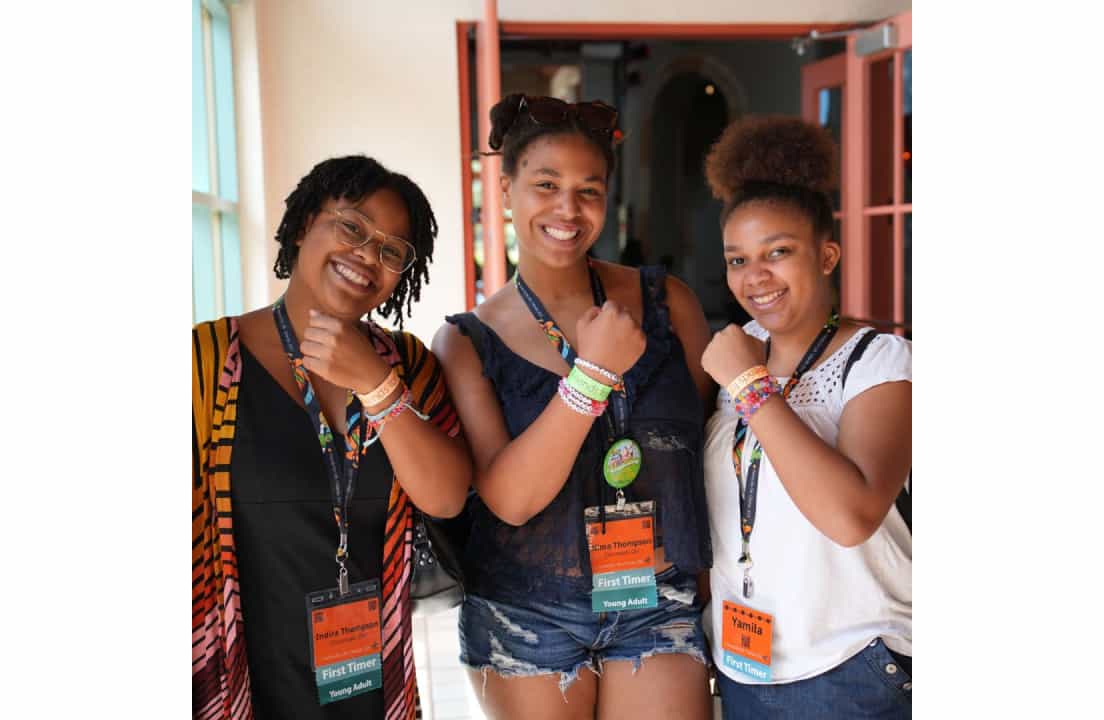
Friends for Life Orlando
In July 2025, the flagship conference had just under 2,100 people in Orlando. The event features educational sessions, discussion groups and networking opportunities.
“It’s an amazing experience, particularly for people who are new to living with type 1, whether it’s themselves or a family member,” said Hitchcock. “It’s the only place in the world where you are normal living with diabetes.” The event features educational sessions, discussion groups and networking opportunities.
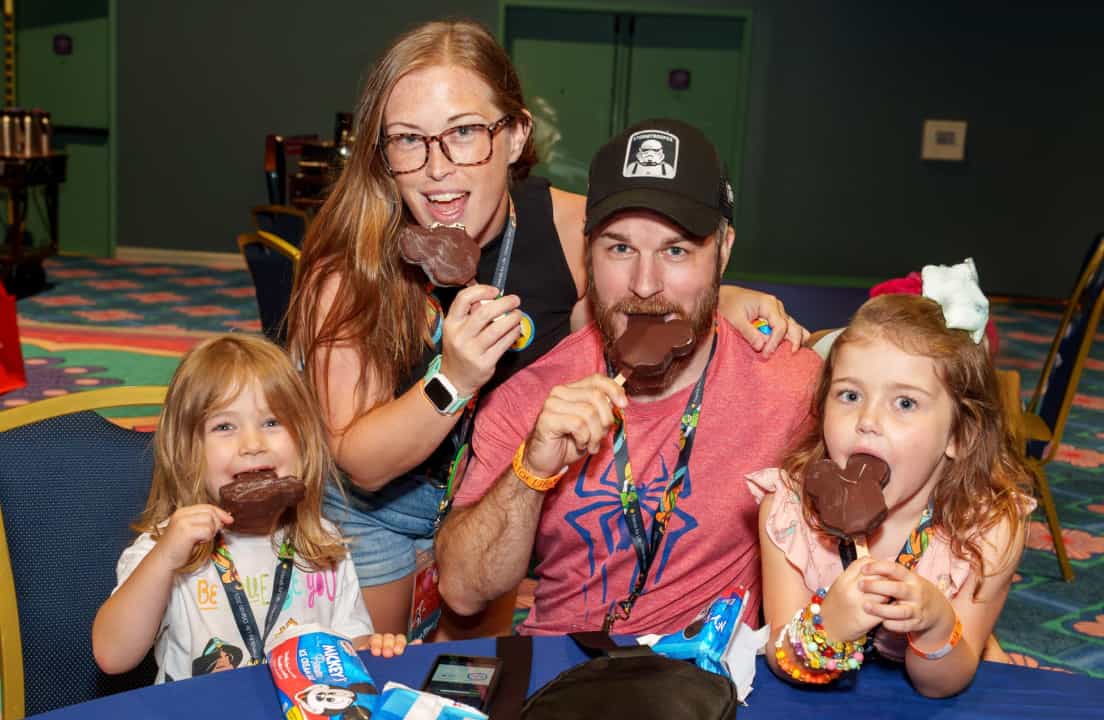
FFL Scholarships
Family Scholarships
CWD provides family scholarships, which cover registration and hotel stay for a family of four at Disney’s Coronado Springs Resort. “This year we provided scholarships for 35 families and nine young adults,” Jeff said.
Young Adult Scholarships
At Friends for Life Orlando, about 55% of the people with T1D are 18 and older. Child attendees want to keep going after they reach 18. They can volunteer, come back with their partner, or bring their children.
Additionally, young adult scholarships include registration, hotel and a travel stipend for T1D individuals aged 18-26. “For young adults, transportation is included,” he added. “We don’t want costs for these young people to be a deterrent for attending the conference, so we cover everything. We have several fundraising activities that help to bring in the money necessary.”
Spring and Fall CWD Regional Conferences
Not every family can afford the Disney experience/Orlando trip, so the regional events are a more affordable way for families to connect.
“We go to a modest Marriott-type property,” Hitchcock said. “The event begins on Friday and ends on Sunday, so no one has to miss work or school. Two nights of fun, being with the other attendees, is a bonding you don’t get at a one-day event, and it’s much less expensive.”
Friends for Life Seattle
The upcoming FFL regional conference is scheduled for November 7-9, 2025, at the Renaissance Seattle Hotel. The event offers educational sessions, discussion groups and family bonding activities.
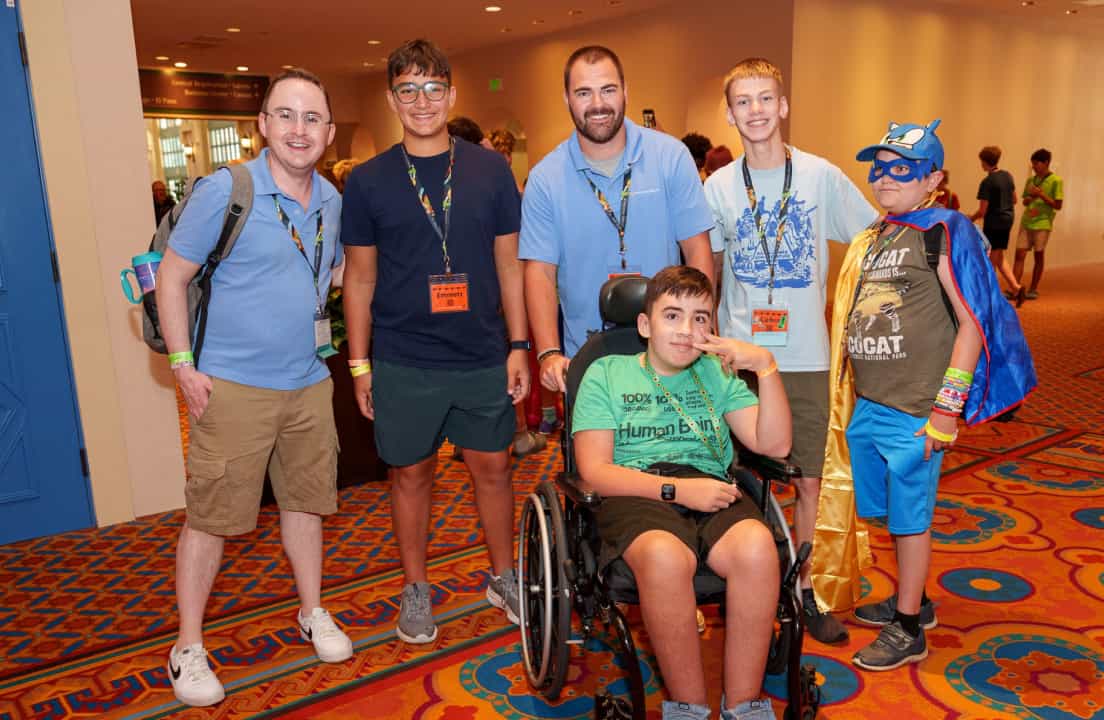
The Importance of Early T1D Detection
Additionally, Hitchcock expounds on the importance of early T1D detection. CWD teams up regularly with TrialNet and other screening services to educate and offer this life-saving awareness. He's a firm believer in the advantages of T1D screening.
“I’ve stood at banquets and opening keynote breakfasts and have said that all the money in the world and the best minds in the world can’t make progress for those living with type 1 if we, the families who live with it, don’t participate in the research.”
The Hitchcocks had their two other children screened through TrialNet and an older study that looked at genetic risk factors; fortunately, neither has shown any autoantibodies for T1D.
“TrialNet has been a presence at all of our events, and they have an open invitation wherever we go,” said Hitchcock. “Recently, we’ve had a team from Enable Biosciences, supported by Sanofi, to do their testing.”
“The simplest way is just to get screened through TrialNet,” he added. “Much research remains to be done. The therapy for people in stage 2 is critically important, but it’s not the end of the road.”
For Families on the Fence about Screening…
“For me, good decisions can only be made with good data, and the data that you will learn from screening will help you decide on a path that is best for the person being screened,” he explained. “The ability to go to an intervention that might delay or prevent the onset of type 1 diabetes is a breakthrough for those of us in the T1D community.”
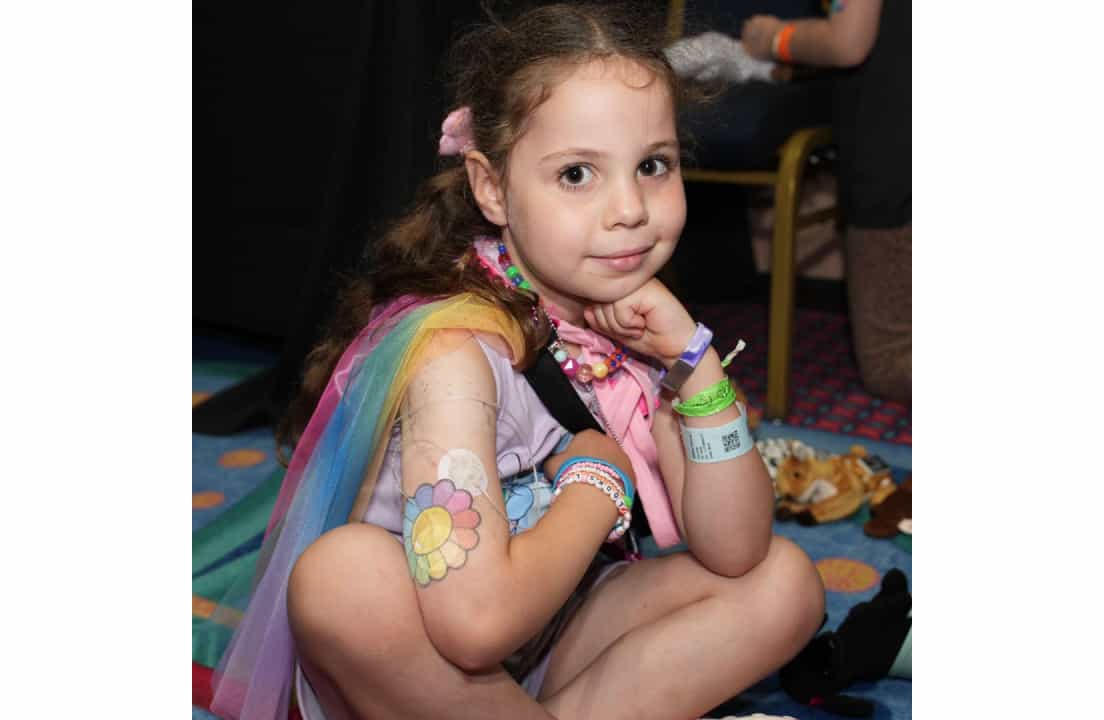
“If you can imagine additional work being done, for therapies like Tzield, that might last even longer, so someone getting Tzield today might see a two-year delay—well, in those two years, there might be the next product that gives you a five-year delay. And in those five years, there may be something that gives you a ten-year delay. And in time, you may go your entire life never actually having stage 3 type 1 diabetes. And though it’s not a cure, it’s really tantalizing.”
Advice to the Newly Diagnosed
“The best advice is to find a family and share your experiences,” said Hitchcock. “Peer support really matters, and it applies to parents, kids, adults, spouses and partners of adults diagnosed. Having someone there with you to walk that journey is really important for success.”


.webp)





.webp)
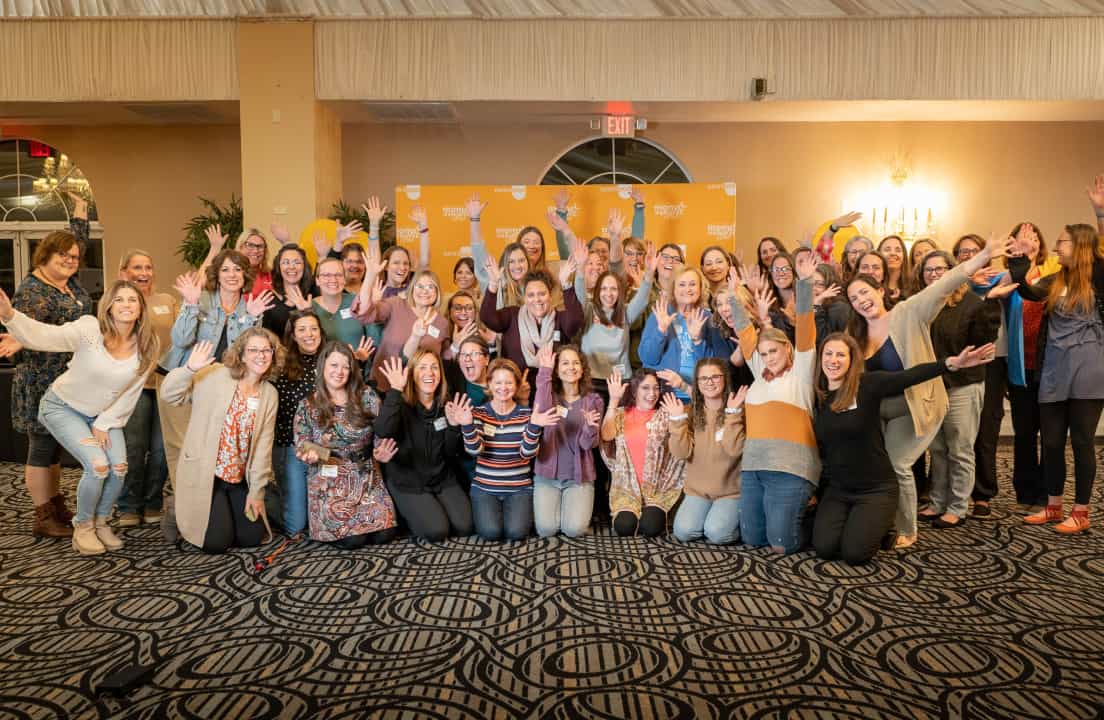
.jpg)
.jpg)

.jpg)
.jpg)
.jpg)
.jpeg)
.jpg)
.jpg)

.jpg)
.jpg)
.jpg)
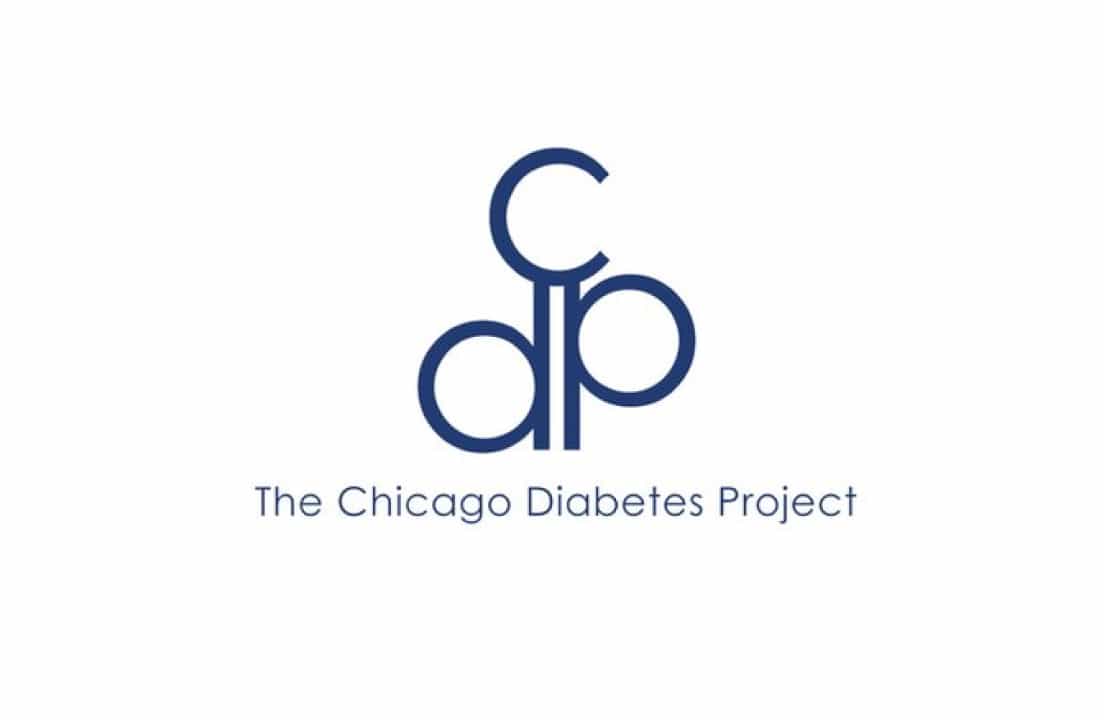
.jpg)

.jpg)

.jpg)
.jpg)


.jpg)


.jpg)

.jpg)
.jpg)
.jpg)
.jpg)

.jpg)
.jpg)
.jpg)
.jpg)

.jpg)


.jpg)









.jpg)









%20(1).png)




















.jpg)














.webp)